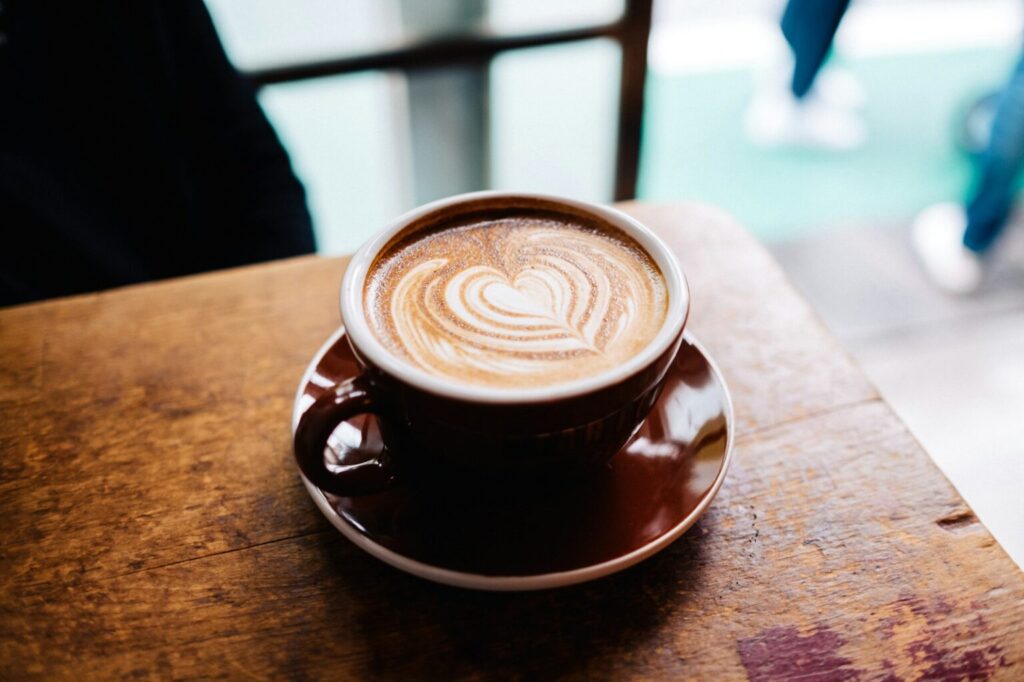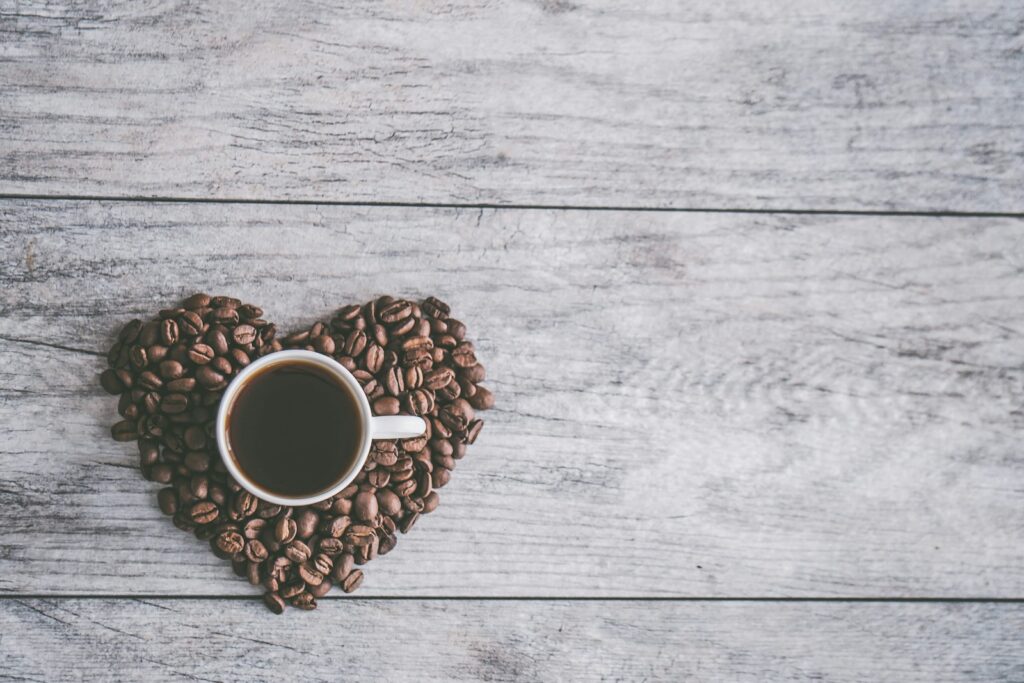For many people, coffee is more than just a beverage—it’s a daily ritual, a comfort, and a source of energy. But while coffee offers benefits like improved alertness and focus, its caffeine content can also affect anxiety levels in different ways.
The impact often depends on the type of coffee you choose, how it’s brewed, and how sensitive your body is to caffeine.
Here’s a look at some of the most popular types of coffee and how they may influence your mood and anxiety.
1. Espresso
- Caffeine content: High per ounce, but usually served in small shots (30–50 ml).
- Impact on anxiety: Because espresso is concentrated, it delivers caffeine quickly. This can trigger jitters or anxious feelings in sensitive individuals, but some find it more manageable due to the smaller serving size.
2. Americano
- Caffeine content: Similar to espresso, but diluted with hot water.
- Impact on anxiety: The slower sipping and reduced intensity can make it less overwhelming than a straight espresso, though it still delivers a solid caffeine punch.
3. Drip Coffee (Filter Coffee)
- Caffeine content: Usually higher than espresso per serving due to larger cup size.
- Impact on anxiety: Drinking a full cup (or several throughout the day) can easily push caffeine levels high, increasing the risk of restlessness, racing thoughts, or anxiety spikes.
4. Cold Brew
- Caffeine content: Often higher than regular coffee, especially if steeped for many hours.
- Impact on anxiety: The smooth taste can be deceiving—you might drink more than you realize. For those prone to anxiety, cold brew can be one of the trickier types to tolerate.
5. Latte / Cappuccino
- Caffeine content: One shot of espresso diluted with milk (sometimes two shots).
- Impact on anxiety: The milk helps slow caffeine absorption, making these drinks gentler on the nervous system compared to black coffee. They may be a better option for people with mild caffeine sensitivity.
6. Decaf Coffee
- Caffeine content: About 97% less caffeine than regular coffee.
- Impact on anxiety: A safe choice for people who enjoy the ritual and flavor of coffee but want to avoid the anxiety-triggering effects of caffeine. However, even decaf contains small traces of caffeine.
7. Instant Coffee
- Caffeine content: Generally less than brewed coffee, but varies by brand.
- Impact on anxiety: A lighter option compared to drip or cold brew, but drinking multiple cups can still add up.
Tips to Reduce Coffee-Induced Anxiety
- Know your limit: Track how much caffeine you consume daily.
- Time it wisely: Avoid coffee late in the day to prevent sleep disturbances.
- Choose milk-based or decaf options: These are easier on the nervous system.
- Stay hydrated: Water helps offset the dehydrating effects of caffeine.
- Listen to your body: If you notice jitters, palpitations, or racing thoughts, cut back.

Coffee can be a friend or foe depending on how your body responds. While espresso and cold brew may pack the strongest punch, milk-based coffees or decaf can give you the flavor and ritual without spiking anxiety.
Ultimately, it’s about finding the balance that lets you enjoy your coffee while keeping calm and grounded.

